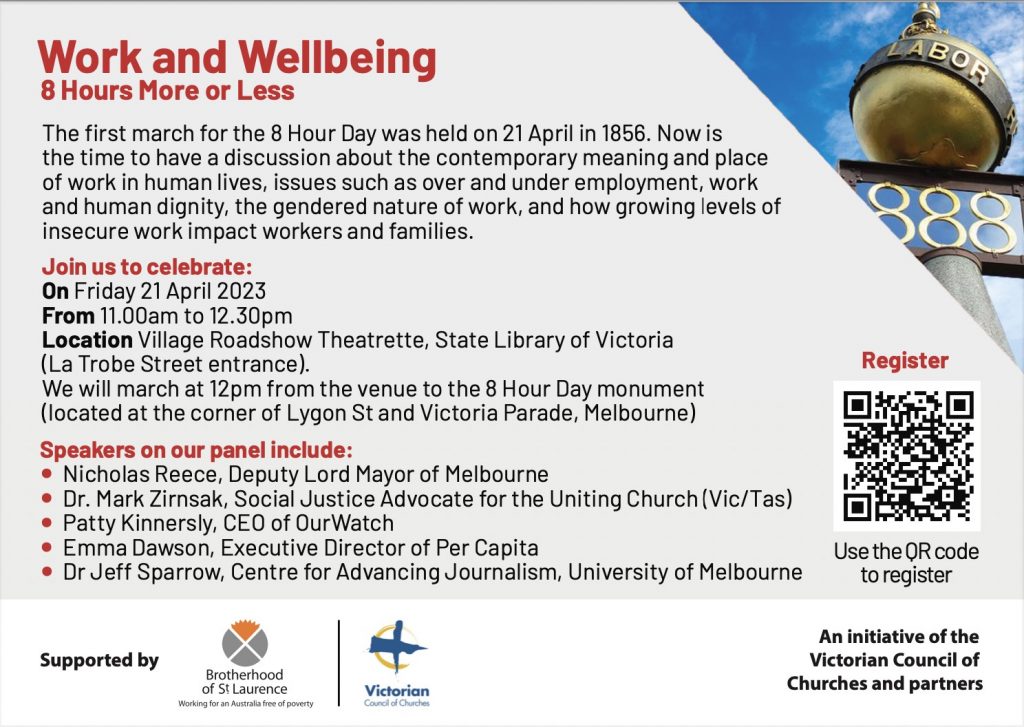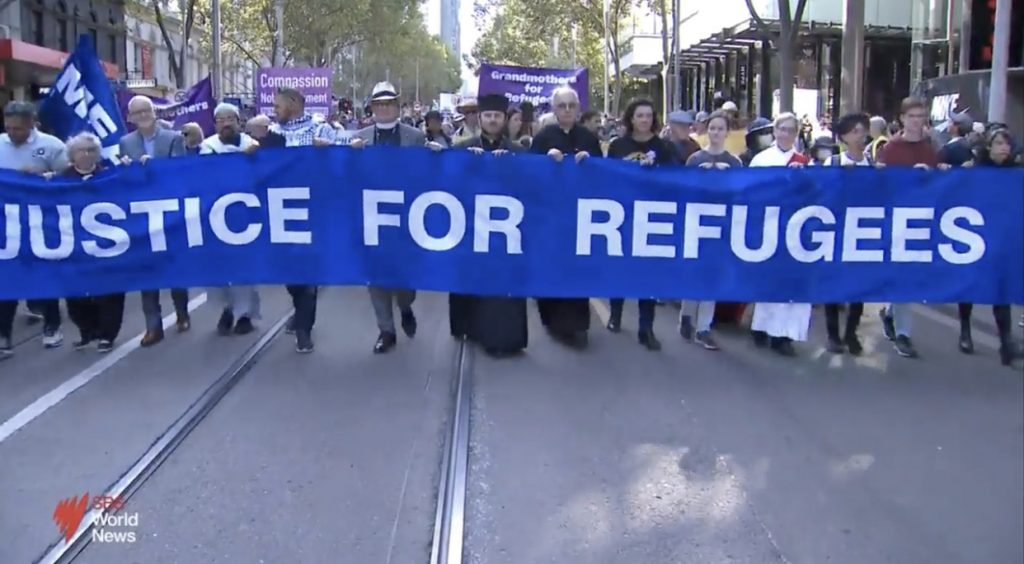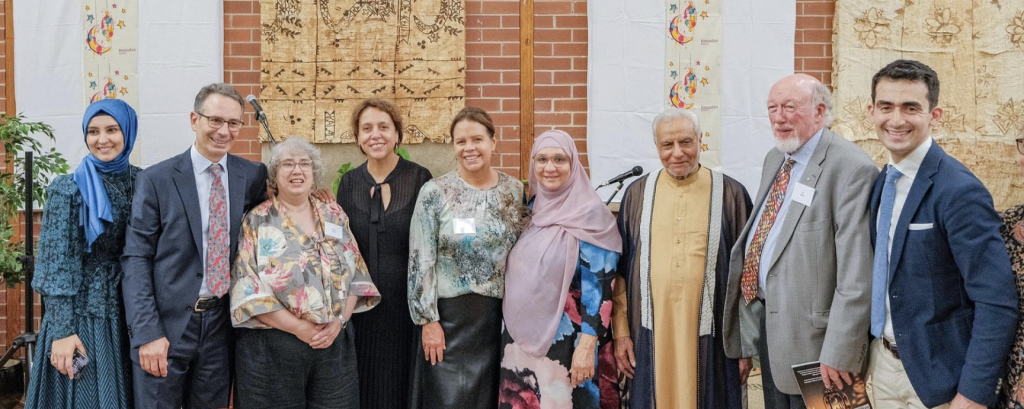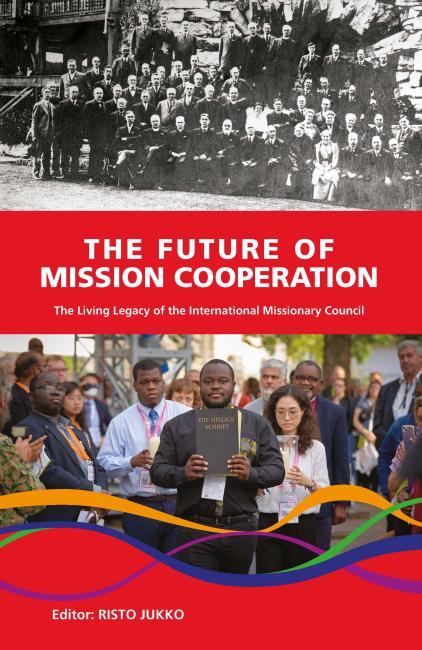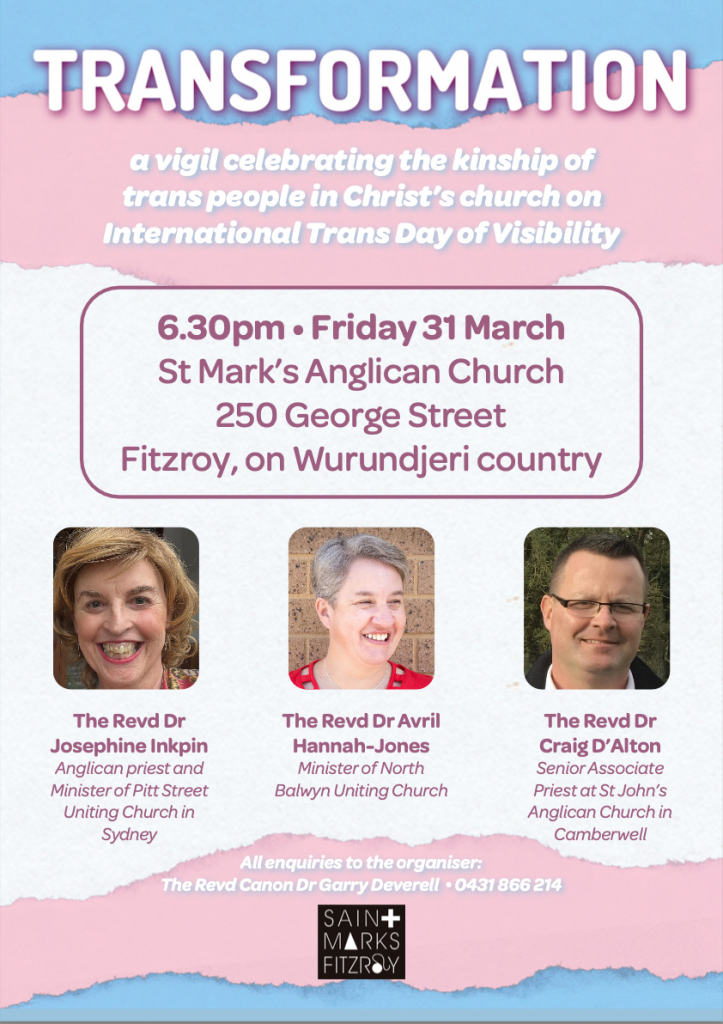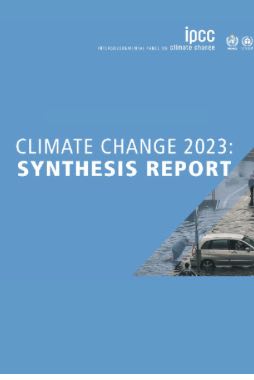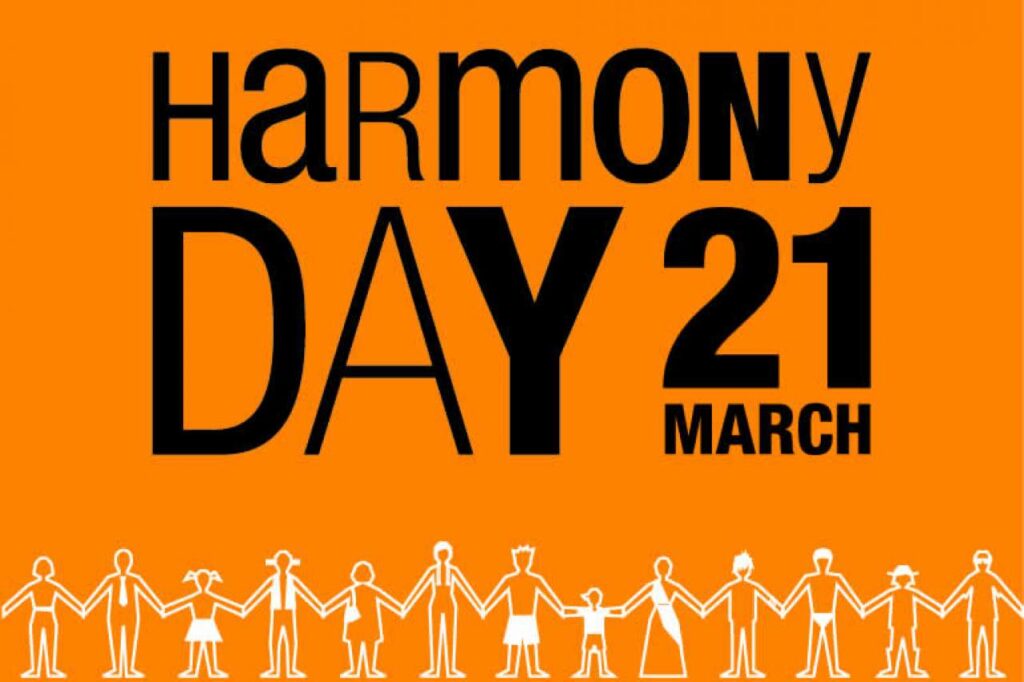Mar 30, 2023 (adapted from article by PBS)
VATICAN CITY (AP) — The Vatican has formally repudiated the “Doctrine of Discovery,” the theories backed by 15th-century “papal bulls” that legitimized the colonial-era seizure of Native lands and form the basis of some property laws today. It was based on the notion that European Christians had a divinely mandated duty to “find” and populate new territories, and that the lands they discovered were “empty” until they were claimed by Europeans
The statement was a response to decades of Indigenous demands for the Vatican to formally rescind the papal bulls that provided European kingdoms the religious backing to expand their territories, for the sake of spreading Christianity.
In the mid to late 15th century, European monarchies had their eye on territorial expansion and creating a slave trade, so they petitioned the pope to issue a series of papal bulls between 1452 and 1493 that legitimised the now five century old colonial project.
A Vatican statement said the papal bulls, or decrees, “did not adequately reflect the equal dignity and rights of Indigenous peoples” and have never been considered expressions of the Catholic faith.
The statement said the papal documents had been “manipulated” for political purposes by competing colonial powers “to justify immoral acts against Indigenous peoples that were carried out, at times, without opposition from ecclesial authorities.”
It said it was right to “recognize these errors,” acknowledge the terrible effects of colonial-era assimilation policies on Indigenous peoples and ask for their forgiveness.
In the statement, the Vatican said: “The Catholic Church therefore repudiates those concepts that fail to recognize the inherent human rights of Indigenous peoples, including what has become known as the legal and political ‘doctrine of discovery.’”
The statement marked a historic recognition of the Vatican’s own complicity in colonial-era abuses committed by European powers.
The “Doctrine of Discovery” was a legal concept coined in a 1823 U.S. Supreme Court decision that has come to be understood as meaning that ownership and sovereignty over land passed to Europeans because they “discovered” it.
The Vatican offered no evidence that the three papal bulls (Dum Diversas in 1452, Romanus Pontifex in 1455 and Inter Caetera in 1493) had themselves been formally abrogated, rescinded or rejected, as Vatican officials have often said. But it cited a subsequent bull, Sublimis Deus in 1537, that reaffirmed that Indigenous peoples shouldn’t be deprived of their liberty or the possession of their property, and were not to be enslaved.
Doctrine of Discovery and Australia
(adapted from an article by Paul Gregoire)
UK Captain James Cook arrived on the east coast of the continent these days referred to as Australia in August 1770, and he claimed the island in the name of King George III, on the basis that it was terra nullius: “that no one owned the land prior to European assertion of sovereignty”.
This proclamation has always been troubling as over 500 different First Nations existed upon this continent at the time, with an estimated 750,000 people living within them.
Cook’s assertion was backed up by the Doctrine of Discovery: a series of papal bulls, or decrees, made by the Pope.
The Discovery Doctrine sets out that European Christians were able to acquire lands that were deemed “empty”, even though Indigenous peoples lived there. And this was possible as the doctrine asserts non-Christians to be nonhumans and, therefore, unable to own the land on which they live.
So, according to the doctrine, discovery actually means found by European Christians.
Yet, despite the obvious questionable legal aspects to this doctrine of European racial superiority, its dictates continue to influence the laws and functioning of our settler colonial nation, and others like it, both at common and statutory law.
Terra nullius
In 1835, the Port Phillip Association began settling the land in the vicinity of Melbourne following representative John Batman having established a treaty with Wurundjeri elders. Yet, British legal authorities later deemed this void (citing a precedent set in the US as the reasoning). .
This finding then led NSW governor Richard Bourke to make an 1835 proclamation, which prohibited settlers from entering into treaties or land deals with First Nations people, as the land belonged to no one prior to the British Crown. And this established the doctrine of terra nullius in local law.
The 1889 UK Privy Council case Cooper versus Stuart involved a dispute over land that the colony of NSW wanted to reclaim from William Cooper, whose father was granted the land by the NSW governor-in-chief in 1823 on the proviso that the state may reacquire it from him in the future.
Prior to the court ruling against Cooper’s claim that “the rule against perpetuities” prevented NSW from taking back the land, it had to be established whether British law operated within the colony, and the court found that it had held since 1788, due to the doctrine of terra nullius.
On this matter, the Privy Council ruled that “at the time when it was peacefully annexed to the British dominions”, the land now bearing the name NSW was “a tract of territory practically unoccupied, without settled inhabitants or settled law”.
The 1992 High Court Mabo decision overturned the legal fiction of terra nullius, recognising that First Nations people have prior claim to the land. And this led to the passing of the Native Title Act 1993 (Cth), which created a process of establishing where native title exists.
But native title has been watered down over time. Initially, this was seen with the 1996 Wik decision of the High Court, which found that while native title can coexist with pastoral lease rights, when a conflict of interest exists, the leaseholder’s rights always prevail, and native title is extinguished.
UN – abolish the doctrine
“The Doctrine of Discovery had been used for centuries to expropriate Indigenous lands and facilitate their transfer to colonising or dominating nations,” the UN Permanent Forum on Indigenous Issues outlined in 2012.
The forum’s theme that year was the enduring impact of the Doctrine of Discovery, with attending Indigenous delegates asserting that the continuing influence of the pope’s decrees need to be understood and then dismantled.
The provisions of articles 28 and 37 in the UN Declaration on the Rights of Indigenous Peoples were raised, which recognise Indigenous people’s right to redress and compensation due to their occupied lands, as well as their rights to treaty and other constructive arrangements with the state.
In addressing the UN Permanent Forum in 2012, then Native Title Council of Australia executive officer the late Brian Wyatt called on the Human Rights Council universal periodic review process to take into the consideration how the doctrine continues to influence and take steps to redress it.
And Wyatt further stated that the legal justification for colonising Australia was “confused”, that the impact of the doctrine has devastated Aboriginal and Torres Strait Islander peoples, and he called for a raising of awareness around the severity of their marginalisation.
